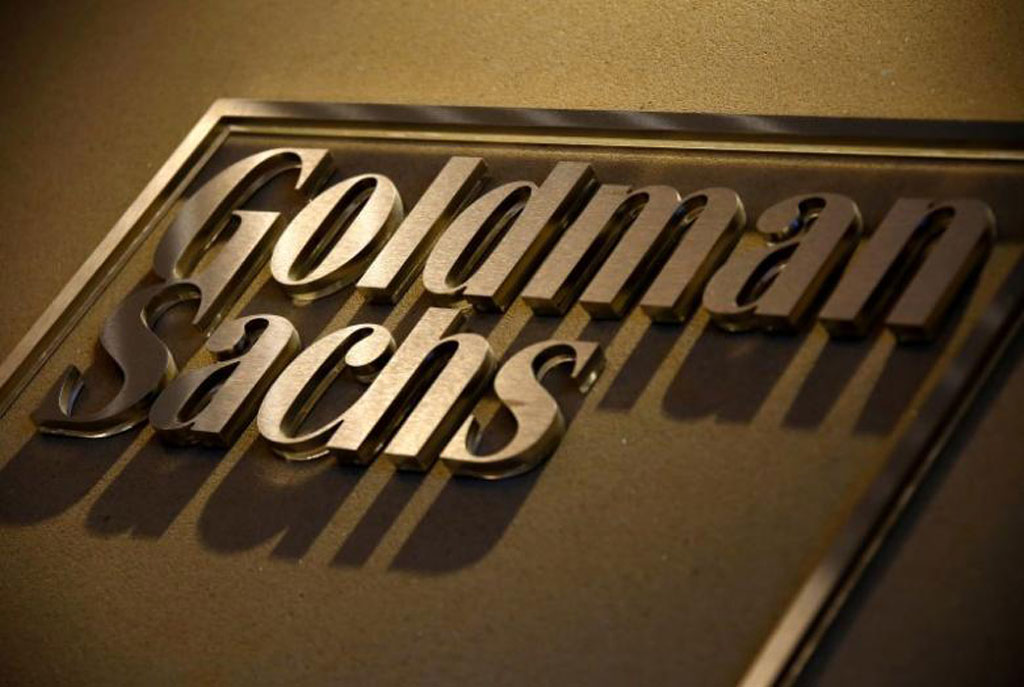 HONG KONG: Goldman Sachs Group Inc has called on Hong Kong to reconsider planned limits on how much equity company founders can hold when the city introduces dual-class shares, warning they could dent the city’s competitiveness versus major centres like New York.
HONG KONG: Goldman Sachs Group Inc has called on Hong Kong to reconsider planned limits on how much equity company founders can hold when the city introduces dual-class shares, warning they could dent the city’s competitiveness versus major centres like New York.
The new rules, due to take effect by mid-year, are designed to give greater voting rights to founding shareholders as part of efforts to attract Chinese tech and other new economy firms as Hong Kong seeks to counter New York’s success in attracting headline-grabbing Chinese companies.
But under the proposals company founders seeking a dual-class listing cannot hold more than 50 percent of the firm when it floats.
Ken Hitchner, chairman and chief executive of Goldman Sachs’ Asia-Pacific operations told a regulatory conference that “not limiting the amount of equity that founders can hold at the time of an IPO” could help attract more Chinese companies to the Hong Kong market.
“There will likely be innovative companies looking to go public where the founder owns 80% or 90%. If that founder wanted to do a dual-class listing in Hong Kong, he or she would have to sell down to 50 per cent,” Hitchner told Reuters separately.
“That doesn’t seem in line with what Hong Kong is trying to do here and it could hurt competitiveness versus New York.”
Notwithstanding Hong Kong’s role as the world’s biggest equity capital-raising centre for four of the last 10 years, it has fallen well behind New York, its arch-rival, in the battle for hot tech stocks and other growth sectors.
Just 3 percent of Hong Kong listings in the past decade, by market value, have been so-called “new economy” companies, compared with 47 percent for the New York Stock Exchange, according to a discussion paper published by the HKEX in June.
EYES ON GOVERNANCE
Hong Kong Exchanges and Clearing Ltd, the city’s bourse, is currently consulting on the detailed rules for introducing dual class shares, which will upend a strict 30-year adherence to a one-share-one-vote principle and has upset corporate governance advocates.
Hong Kong is hoping that easing rules for primary listing of companies with dual-class shares will help revitalise its IPO market, which has been dominated by Chinese state firms, financial companies and property groups.
Hong Kong’s rules are also being closely watched by governance experts for the safeguards and limits the city includes.
While New York, which has allowed dual-class shares for decades and operates a system based on extensive disclosures of share structures, Hong Kong has typically included tougher rule-based protections for minority shareholders.
“The US, which is the major competitor, doesn’t actually have any rules – it’s a rules-free situation there,” said Ashley Alder, chief executive of the Securities and Futures Commission, speaking at the same conference, which was organised by the SFC.
“What Hong Kong is about to implement is basically the world’s first set of rules for weighted voting rights.”
Bankers have largely backed dual-class shares and report potential listing candidates are actively debating the proposed system.
“These are real discussions in the bake offs, in the pitches that we’re involved in,” said Goldman’s Hitchner.
Source: Brecorder.com






























